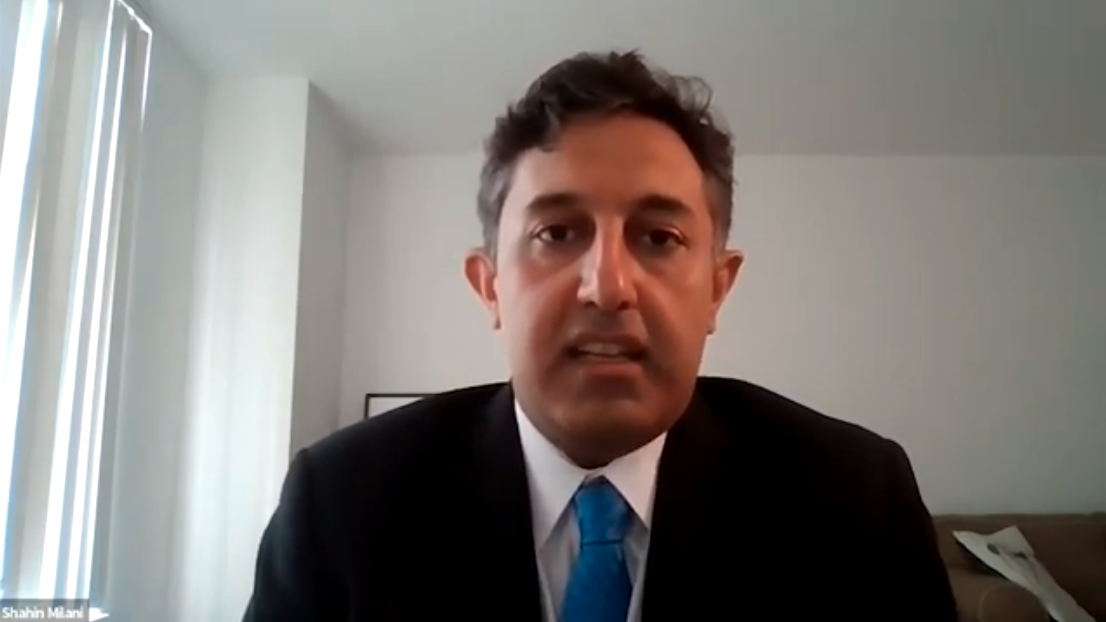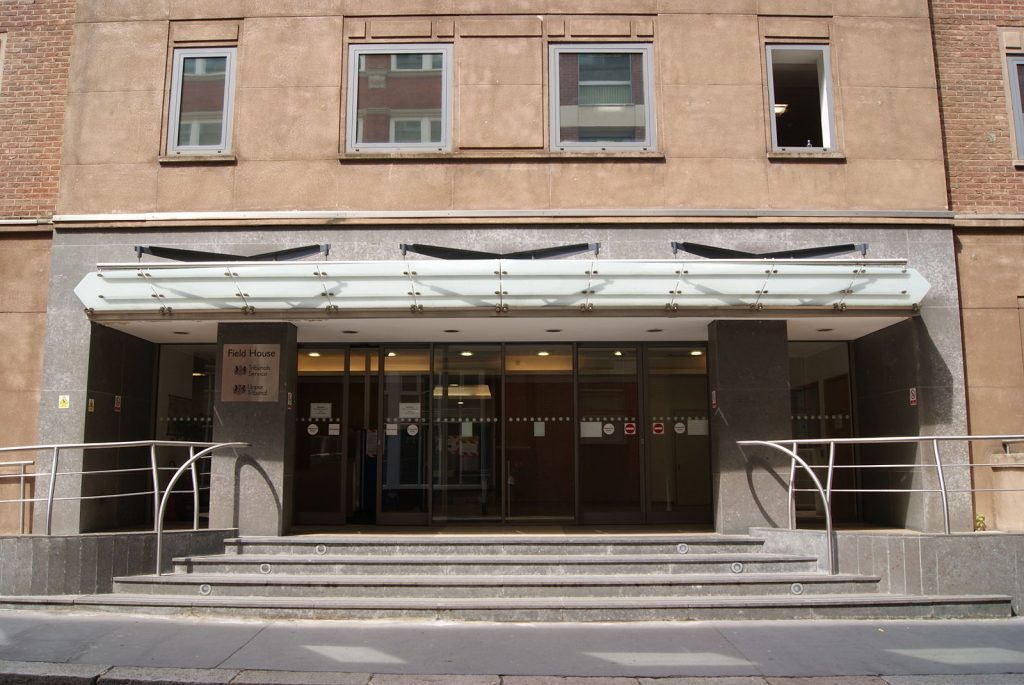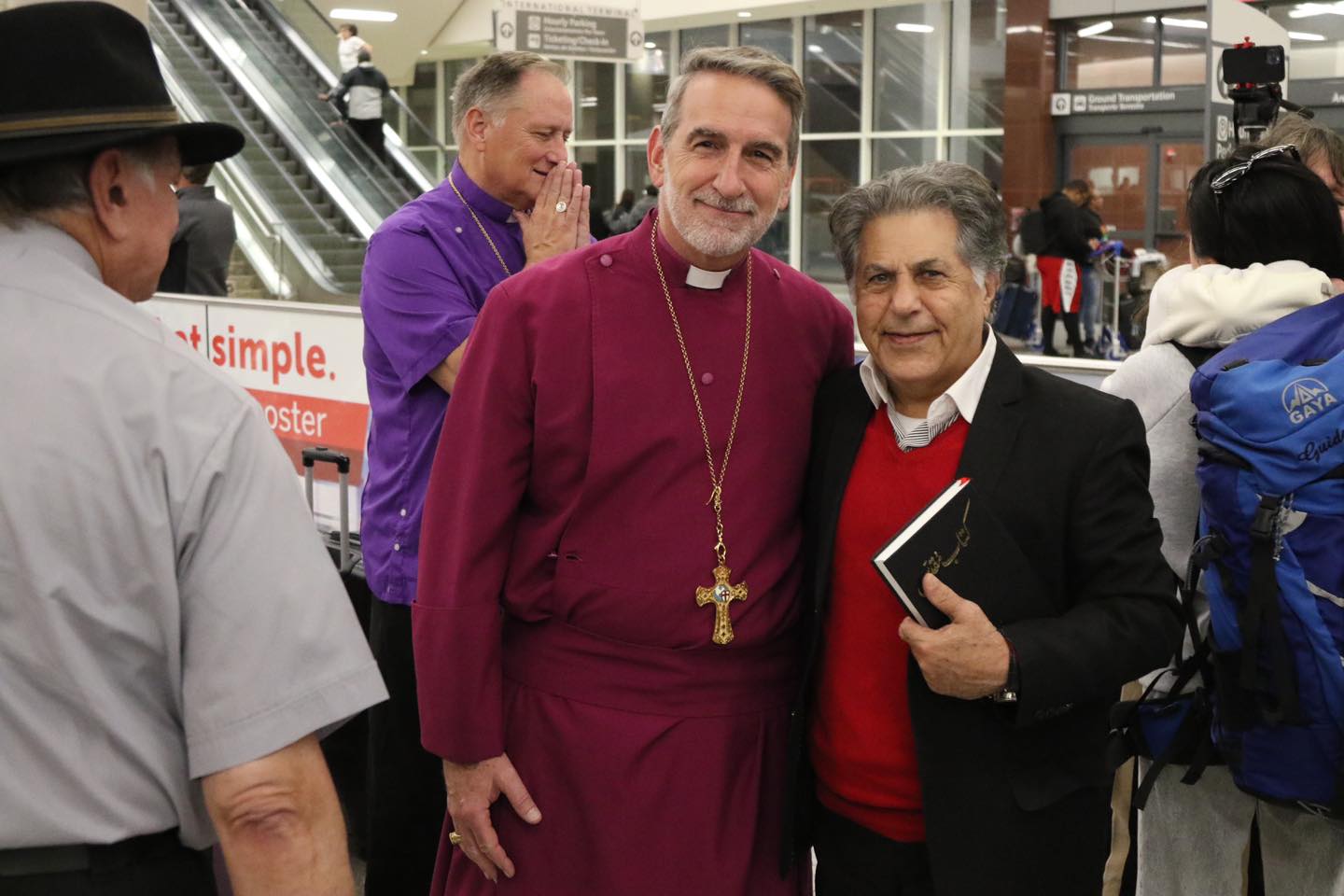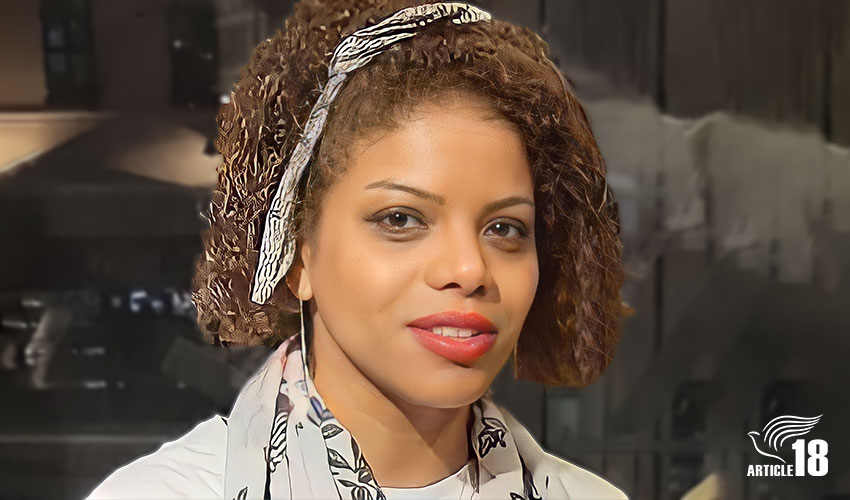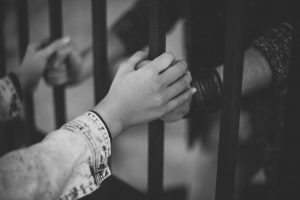
by Steve Dew-Jones | 8 Nov 2022 | News
Left to right: Babak Paknia, Bahar Sahraian, and Mustafa Nili. More than 30 lawyers, including at least three involved in defending Christian converts, have been arrested in recent weeks in cities across Iran. The arrests come as thousands of protesters await trial,...

by Steve Dew-Jones | 7 Nov 2022 | Analysis
Accusations that members of religious minorities, including Christians, are engaged in unspecified “actions against national security” are deliberately vague in order “to mislead the public”, says the author of a recent report on religious propaganda in Iran. The...

by Steve Dew-Jones | 4 Nov 2022 | Analysis
Field House in London, UK, where many asylum cases are decided. (Photo: righttoremain.org.uk) The question of how much weight should be given to the testimony of church members and leaders in assessing the credibility of asylum-seekers’ claims to have converted to...

by Steve Dew-Jones | 31 Oct 2022 | News
An Iranian Anglican minister and his family, who had been threatened with deportation from Turkey, have now been safely resettled in the United States. Pastor Hekmat Salimi, his wife Mahindokht and their daughter Sama arrived in Atlanta late on Saturday night, after...

by Steve Dew-Jones | 21 Oct 2022 | Features
Sahar Dashti experienced racism as a child as one of very few dark-skinned children in her city, so she was hesitant when after becoming a Christian she was asked to help with the Sunday school. And when, instead of racism, Sahar experienced love and acceptance from...


